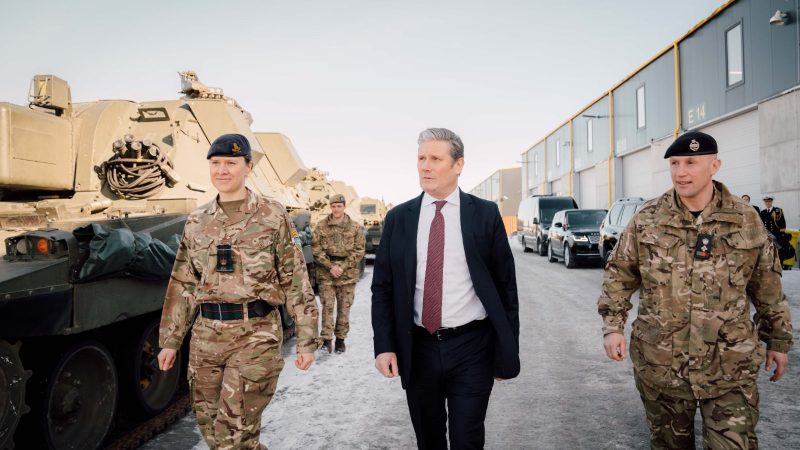
On this day 60 years ago, the last serviceman was stood down from National Service. The duty and public service of this generation was extraordinary, committed to keeping our country safe at a personal sacrifice.
As we remember their service, we must reflect on how their contribution shaped modern Britain and continues to inspire us today.
National service 60 years on
In May 1939, compulsory military service was introduced before the Second World War. However, mass demobilisation at the end of the war did not lead to the end of National Service.
The Attlee Labour government believed the UK needed to maintain the military’s strength during peacetime to contend with post-war challenges.
Peacetime National Service came into force in January 1949 and required physically fit men aged between 18 and 30 to serve in the armed forces for 18 months. Subsequently it was increased to two years.
While National Service could be deferred in certain circumstances, at the end of National Service on 16 May 1963, 2.3 million men had been called up to serve since the end of the Second World War.
Honoured to attend @PoppyLegion’s event at the @Nat_Mem_Arb to commemorate the 60th anniversary of the last serviceman being demobbed from National Service.
Men from all walks of life made huge sacrifices for our country.
We remember and thank them for their service. pic.twitter.com/I0FoavFoI8
— Rachel Hopkins MP (@rach_hopkins) May 16, 2023
First-hand accounts show the strength of solidarity and camaraderie amongst those called up, as many spent time together abroad. The realities of others’ accounts, however, also reflected on losing friends in action and wanting to leave the dangers of the frontline.
While there have been debates on the necessity and merits of National Service during peacetime, the bravery of serving personnel who had to put their lives on hold for our country is undeniable. We must commemorate and thank them for their service.
Labour shares the public services spirit of the armed forces
As members of the Labour Party, we share the spirit of public service that still runs throughout the whole armed forces community. From the support they have provided to the Ukrainian people, to the strength of veteran-led support groups across the country, they share a deep commitment to duty.
Military personnel also went above and beyond to protect our communities during the pandemic, supporting the vaccine rollout, community testing, and the setup of Nightingale hospitals. It is the ultimate public service.
As part of Labour’s Veterans’ Voice campaign, I’ve heard first-hand from veterans across the nation who are extremely proud of their contribution to our country and their desire to use their skills and experience post-service.
Yet common across many conversations has been a deep frustration at navigating the fractured system of services as they and their family transition into civilian life.
Whether it’s Conservative ministers dodging responsibility by only placing duties under the Armed Forces Covenant on other public bodies but not themselves, or delays with the Armed Forces Compensation Scheme or receiving mental health support, veterans deserve far better given their service to our country.
And let’s not forget, if the public are facing a cost of living crisis, so are veterans, and if the public are struggling for timely GP appointments, so are veterans.
We will make the armed forces covenant law
The Labour Party fully recognises the breadth of issues facing our veterans and their families. In government, we are committed to fully incorporating the Armed Forces Covenant into law and boosting support for veterans’ mental health services to bring down waiting times.
Our respect and gratitude for those who undertook National Service is resolute. We commemorate their duty and sacrifice today, and we will continue to embody their public service tomorrow.
In doing so, the next Labour government will stand side-by-side with our armed forces community and fulfil the important promises our society makes to those who serve.




More from LabourList
‘Tackling poverty should be the legacy of Keir Starmer’s government’
‘The High Court judgment brings more uncertainty for the trans community’
‘There are good and bad businesses. Labour needs to be able to explain the difference’